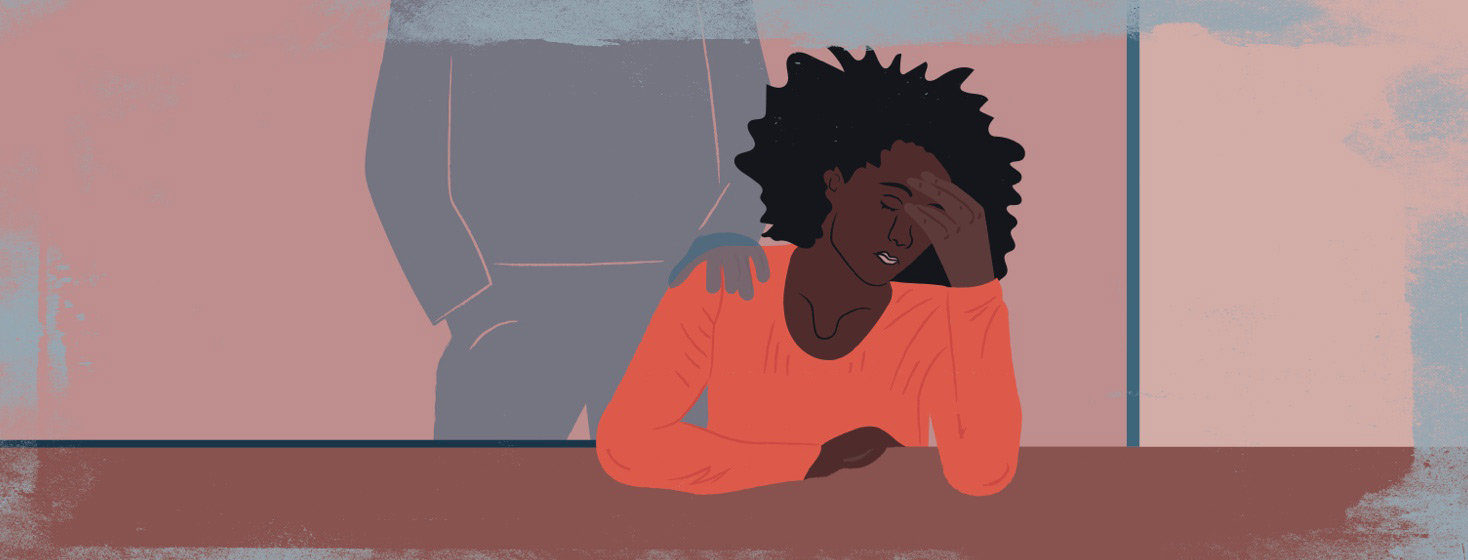The Effects of Prostate Cancer on Women
A prostate is a part of the male reproductive system. It produces the seminal fluid that nourishes and transports sperm. Women may not have prostates nor able to have a prostate cancer diagnosis, however prostate cancer still affects women in various ways.
A circle of emotional support
As I reminisce on my dad’s battle with prostate cancer, I am reminded of his circle of support he maintained around the clock. With a circle full of women, my mom, my older sister, and me, dad had plenty of nurturing hands on a consistent basis.
Given that my dad was a 60-year-old newly-diagnosed prostate cancer patient with a 56-year-old wife and 2 daughters that were 30 and 28 years old, it’s safe to say that my parents were finished with having children.
The most suggested form of treatment for my dad by doctors at that time was to perform a prostatectomy. A prostatectomy is a surgical procedure for the partial or complete removal of the prostate. Based on the level of my dad’s PSA count, he had a complete removal. Many years ago, treatment options were limited. Some newly-diagnosed men are forced to make the decision of having a prostatectomy as well.
Tough treatment decisions
While volunteering at a health fair, I met a young man. He married his high school sweetheart, and they were newlyweds, excited to start their lives together. He was diagnosed with prostate cancer at the tender age of 32. He had no family history of prostate cancer and was in good health.
Before treatments evolved, he was forced to make a tough decision and have a prostatectomy. The couple desired to have children of their own and were devastated to know that it would not happen now that he had to have a prostatectomy. This unfortunate circumstance made his wife feel as though she was diagnosed with prostate cancer, too.
With the evolution of prostate cancer research and treatments, men have more options. Even with this evolution, the battle to cure prostate cancer is not over. Finding more treatment options was just a part of the battle. The other part is to help men, husbands, and fathers understand the importance of going to the doctor to get screened and checked.
The emotional toll
My dad’s circle of support was the driving force that pushed, begged, and demanded him to go to the doctor regularly. Though the cancer was not physically in our bodies, the emotional and mental toll felt just as tough.
Prostate cancer sunk its claws into us just as it did my dad. We gave daddy his daily medications, we kept records of the medications he was taking, we made sure he was eating the correct foods, and we asked all the questions.
Encouraging prostate cancer screening
My dad was raised in a family that was apprehensive about visiting doctors. There was underlying anxiety with thoughts about taking medications that incur side effects, doctors that did not look like them (African American), and the cost.
As the research behind prostate cancer continues to evolve, men need to hear more success stories. Women, whether wives, girlfriends, sisters, or daughters, can have a direct impact and effect on the efforts men take to get checked and stay healthy. When you educate the women, you are sure to educate the man.

Join the conversation